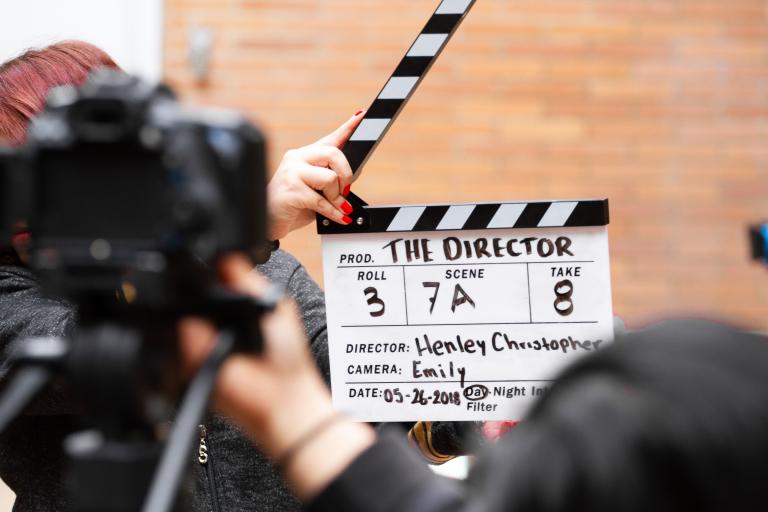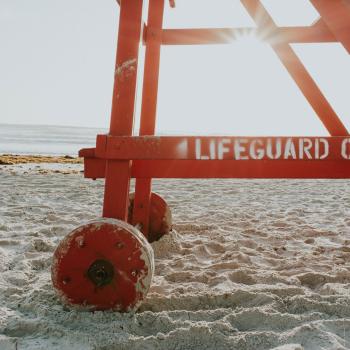We want things to work out the way we want them to. That is human nature. There is nothing wrong with that. We try to make sense of the world, to understand the rules and systems, the consequences and outcomes, and how we might best manage our circumstances so they work to our benefit.
The problem is that reality is much more complicated, much harder than we often give it credit for. And when it does not bend to our will, we fight and claw to either force it to change or to construct a false reality to stand in its place.
Compulsive Control
Another way of saying all of this is we have a great need for both security and purpose.
In order to achieve both, we try to do everything we can to get the people around us, the circumstances we encounter, and the reality we live in to conform to our expectations and desires. We develop things like confirmation bias, surround ourselves with like-minded people, and blame-shift when things go awry.
Humans compulsively try to control one another. We expect people to do what we expect them to do. And we will create narratives to pigeon-hole others into the roles and actions we want from them, even if they are not the truth of what is happening.

We cast people as oppressors, subjects, and superfluous. We try to get them to do what we want or to leave us alone. We try to recreate the story (we call it “spin” in politics) to fit our desire and expectations.
We are obsessed with control. We feel like it is the only way to ensure our safety. We imagine it eliminates the risks and vulnerabilities that threaten us. We think matching our desires/expectations with reality fulfills our deep desire for purpose. So, it is no wonder we spend so much time and effort trying to subtly manipulate, coerce, and otherwise control our surroundings.
Self-Imprisonment

The tragic irony is that all of our attempts to control others ends up putting us in shackles. If I say (or think even subconsciously) to another person, “you have to do X, Y, and Z” and I will do everything I can to force you into those actions, it feels as though we are taking control. But in reality, since we cannot truly force anyone to do anything, we are effectively surrendering our control, perspective, and concept of reality to an external condition.
On the other hand, for example, if we say, “you can make your choice and it will have consequences that affect me. I can’t control that. But I can move forward with my choices as best I can”, we discover the true nature of freedom and the key to accepting reality.
By trying to control others we surrender ourselves to their response. We end up imprisoning our own ability to perceive, steward, and enjoy life. Our obsession with control ends up shackling the very things we hope to free – our sense of security and purpose.












